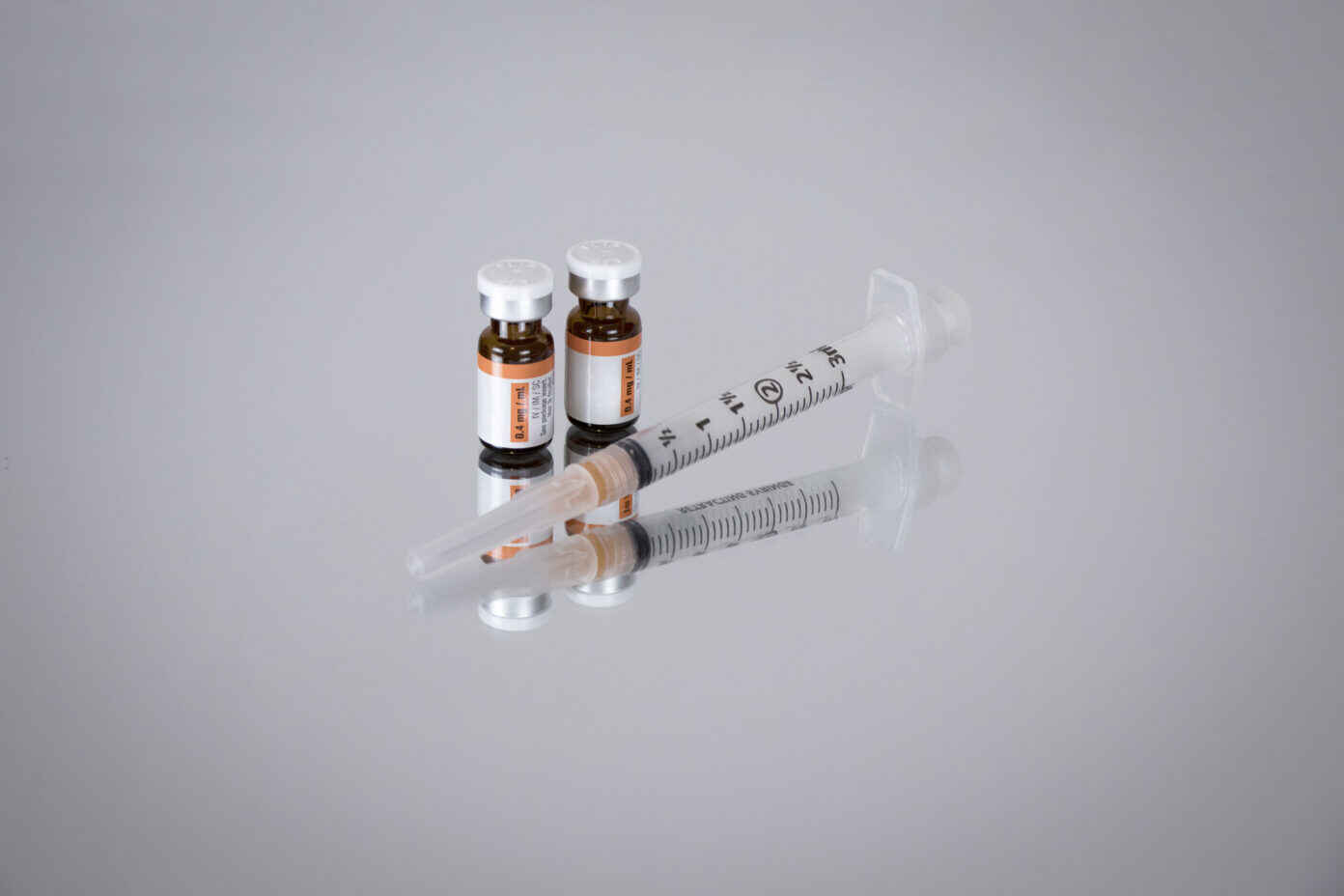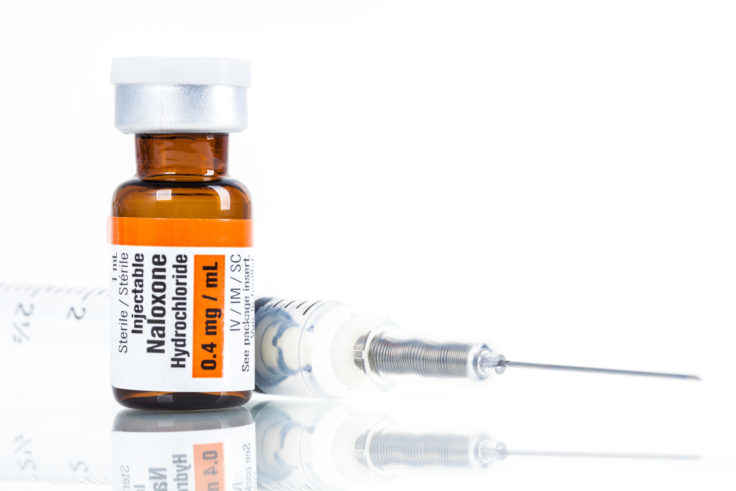Legality of Dispensing Expired Naloxone in California
October 29, 2021
Overview
Drug overdose is a nationwide epidemic that claimed the lives of over 93,000 people in the United States in 2020. Opioids, either alone or in combination with other drugs or alcohol, were responsible for approximately 70% of these deaths. Many of those 70,000 people would be alive today if they had been administered the opioid antagonist naloxone and, where needed, other emergency care. In light of the ongoing crisis, all fifty states and the District of Columbia have modified their laws to increase access to naloxone, the standard first-line treatment for opioid overdose.

While these laws have been successful in increasing access to this lifesaving medication, few explicitly address the legality of distributing and administering naloxone that is past its expiration date. As many governmental and non-governmental organizations increasingly have stocks of such expired naloxone, it is important to determine whether that naloxone may be distributed to individuals or organizations that are able to utilize it. This is especially true considering the unprecedented shortage of injectable naloxone that has been plaguing the country since early 2021.
This fact sheet briefly discusses the efficacy of expired naloxone and examines whether California law permits the distribution and administration of such naloxone. We conclude that, while regulations prohibit many health-related organizations from distributing expired medications, no laws prohibit the distribution of expired naloxone by harm reduction organizations and similar entities. We further find that the state’s naloxone access law provides absolute criminal, civil, and professional immunity to all individuals that distribute naloxone, regardless of its expiration date. Finally, we find that the same immunity attaches to individuals who administer expired naloxone so long as they act in good faith and with reasonable care, which is likely the case when naloxone is administered to an individual believed to be experiencing an opioid-related overdose.



